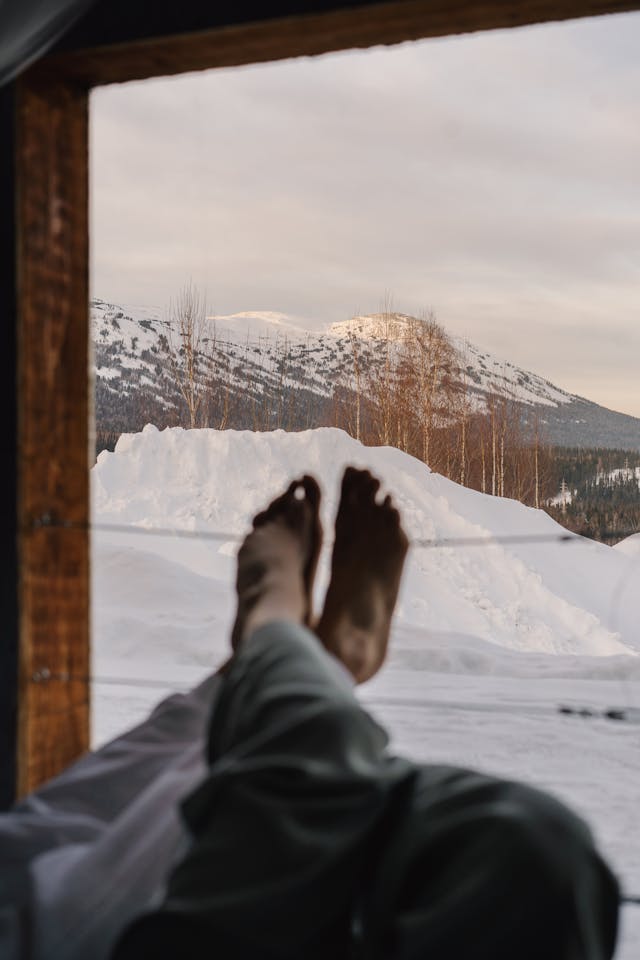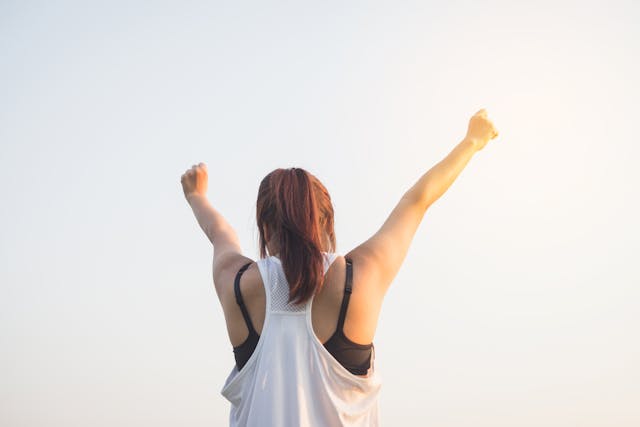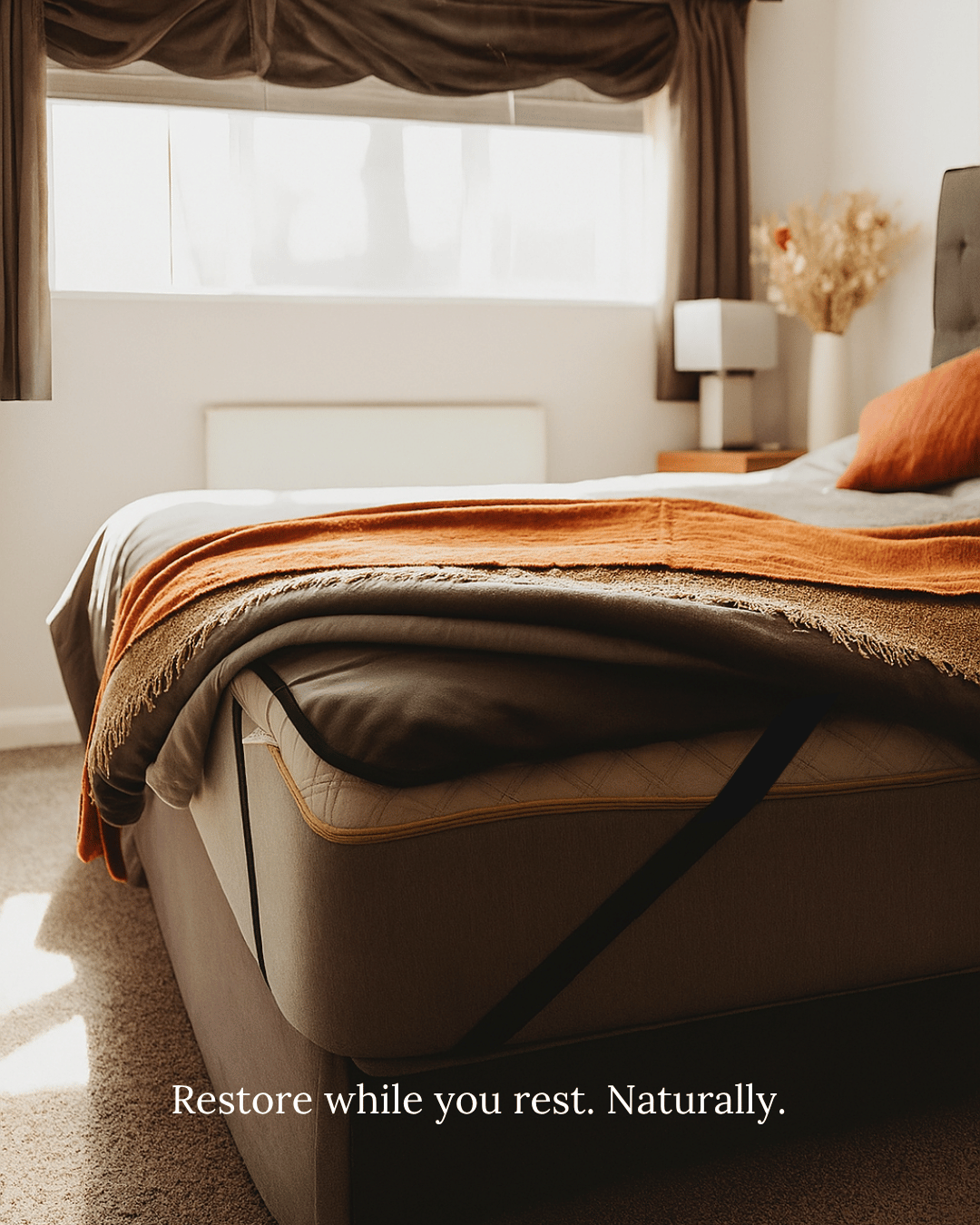Travel Journals for Better Next Time
There’s a kind of kindness in dimming the lights after dinner. The living room softens, and so does the mind.
What’s really going on (in plain English)
Hydration earlier in the day beats big glasses of water at bedtime. Timing is a wellness tool.
Morning light tells the brain it’s time to be awake; gentler evening light whispers the opposite. We can use that without fuss or gadgets.
Pain and sleep are a two‑way street. Better nights may soften pain; less pain may allow better nights. Small comfort tweaks matter.
A short science aside
What we know, briefly: circadian rhythms respond to light, timing, and regularity; comfort and safety shape sleep quality. None of this replaces medical care, but it offers steady levers.
Coffee‑shop conversation
Imagine we’re across a small table, mugs warm in our hands. You share the week’s sleep, I nod at the parts that feel familiar.
We don’t chase perfection. We notice patterns: the lamp that helps, the snack that doesn’t, the way a phone call settled your mind.
From the community
I put a note by the kettle: last coffee by 2 pm. Silly, but it works.
—Mara, 55
Myth & reality
-
Myth: Older adults can’t improve sleep.
Reality: Not true. Many do, especially when the focus is on consistency and environment. -
Myth: If it didn’t work in two nights, it never will.
Reality: Sleep adapts slowly. Judge by trends over two weeks, not single nights.
Reader mailbag
-
Q: Are screens always the enemy?
A: They’re tools. If you enjoy an e‑reader, lower the brightness and keep the room lighting cozy. -
Q: Do I have to change everything to feel better?
A: Not at all. One small change—kept consistently for a few weeks—often beats ten changes you abandon.
This week’s small win
One reader dimmed the living‑room lamp twenty minutes earlier than usual. Another took a short post‑dinner stroll.
No timers, no tracking—just a kind nudge. Their notes the next morning sounded lighter.
Where a grounding mattress cover might fit
If you like a set‑and‑forget approach, some readers prefer a simple, wipe‑clean surface under the fitted sheet—steady contact without adding laundry.
When you’re curious, you can read the care notes here: Earthbound Grounding Mattress Pad.
Questions to take on a walk
- Where could light be a little softer in the last hour?
- Who could you call this week just to trade stories?
- What felt kind to your body today?
What readers keep asking
People ask about gentle sleep habits, calm evening routines, morning light benefits, and grounding mattress pads—especially for older adults who prefer sleep tracking without gadgets and softer lighting for aging eyes.
When sleep is stubborn
Kindness beats force. If you’re awake and restless, choose a quiet corner, a lamp, and three calm pages. Then return to bed.
A note about data
Numbers can help, but only if they lower stress. Many readers switch to a three‑line paper log and feel immediate relief.
If you love your wearable, compare weekly averages and ignore nightly noise.
Frequently asked questions
- Is this medical advice?
- No. It’s educational and supportive. Please talk with a clinician about personal concerns.
- Do I need to overhaul everything?
- Please don’t. Pick one small change you like, and keep it for a couple of weeks.
- Where can I learn about low‑maintenance contact?
- Here’s a starting point: Earthbound Grounding Mattress Pad.
















